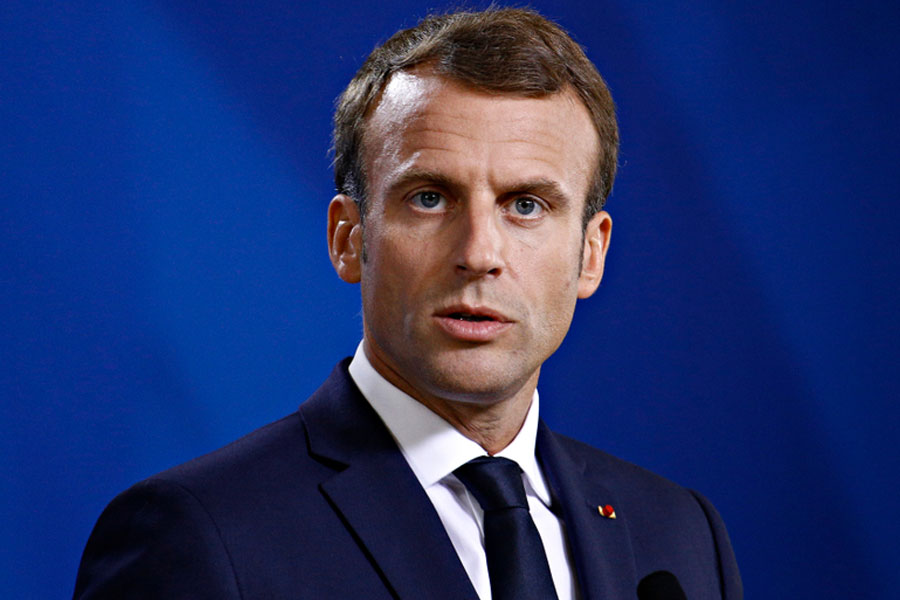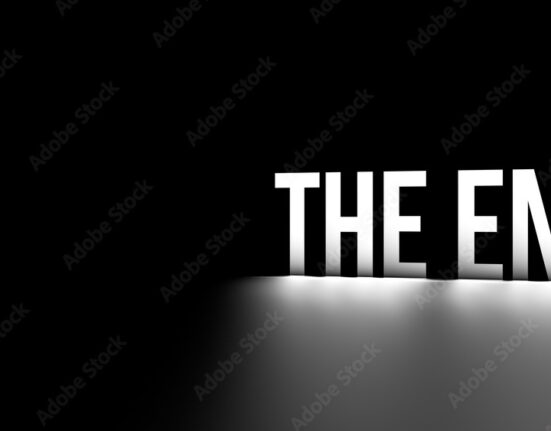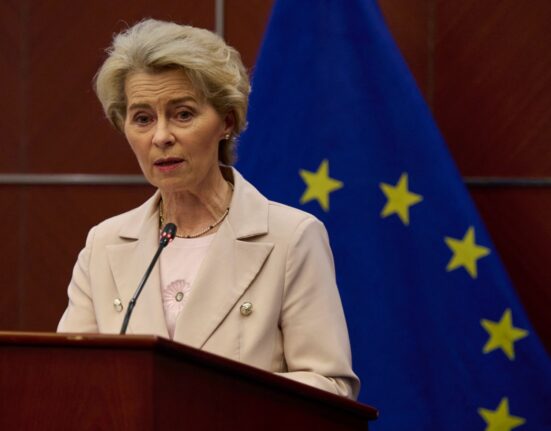Emmanuel Macron and Keir Starmer have been making waves during Macron’s visit to the United Kingdom. The culmination of their discussions will lead to significant defense agreements between the two nations. These pacts aim to bolster mutual interests in defense capabilities and cooperation.
On this final day of Macron’s visit, both leaders are poised to sign a declaration that will outline crucial points of collaboration. This includes aligning British and French nuclear deterrent strategies, updating existing defense treaties such as the Lancaster House accords from 2010, jointly developing advanced weaponry like a new cruise missile, and enhancing capabilities against drone threats.
The rejuvenation of defense ties has been coined as an
“entente industrielle,”
underscoring the industrial collaboration between France and Britain. Throughout their interactions, both Macron and Starmer have praised the enduring strength of the Franco-British relationship.
Macron has set his sights on something more profound than mere cooperation—a new special relationship with Britain. In a speech to Parliament earlier this week, he highlighted the shared responsibility both countries hold for Europe’s security amidst uncertainties in global alliances.
While historically reliant on its special bond with the United States for defense support, recent geopolitical shifts have compelled Britain to explore alternative partnerships. Philippe Maze-Sencier, an expert in international relations, emphasized how recent events have nudged Britain towards seeking additional security arrangements beyond traditional allies.
Despite past disagreements over Brexit aftermaths and diplomatic entanglements like the submarine deal saga in 2021, Macron and Starmer are navigating these challenges adeptly by emphasizing European security priorities above all else.
France’s flourishing military-industrial cooperation with Britain stands out amid stalled projects with Germany. New avenues for defense exports are emerging within this refreshed partnership, contributing to economic growth while reinforcing strategic objectives.
As financial commitments to NATO increase among European nations like France and Britain—driven partly by political imperatives—the landscape for defense cooperation is evolving rapidly. While challenges persist around balancing ties with Washington against closer Franco-British alignment, both countries are demonstrating a willingness to adapt.
In light of escalating tensions in Eastern Europe and uncertainties surrounding U.S. troop deployments, Macron’s vision for shared European security becomes increasingly pertinent. The forthcoming decisions on resource allocation and strategic realignments will test the depth of commitment between France and the UK—as well as their capacity to navigate complex geopolitical landscapes effectively.
In conclusion, Emmanuel Macron’s visit has not only solidified key defense agreements but also underscored a growing momentum towards deeper collaboration between France and Britain in addressing regional security challenges.









Leave feedback about this